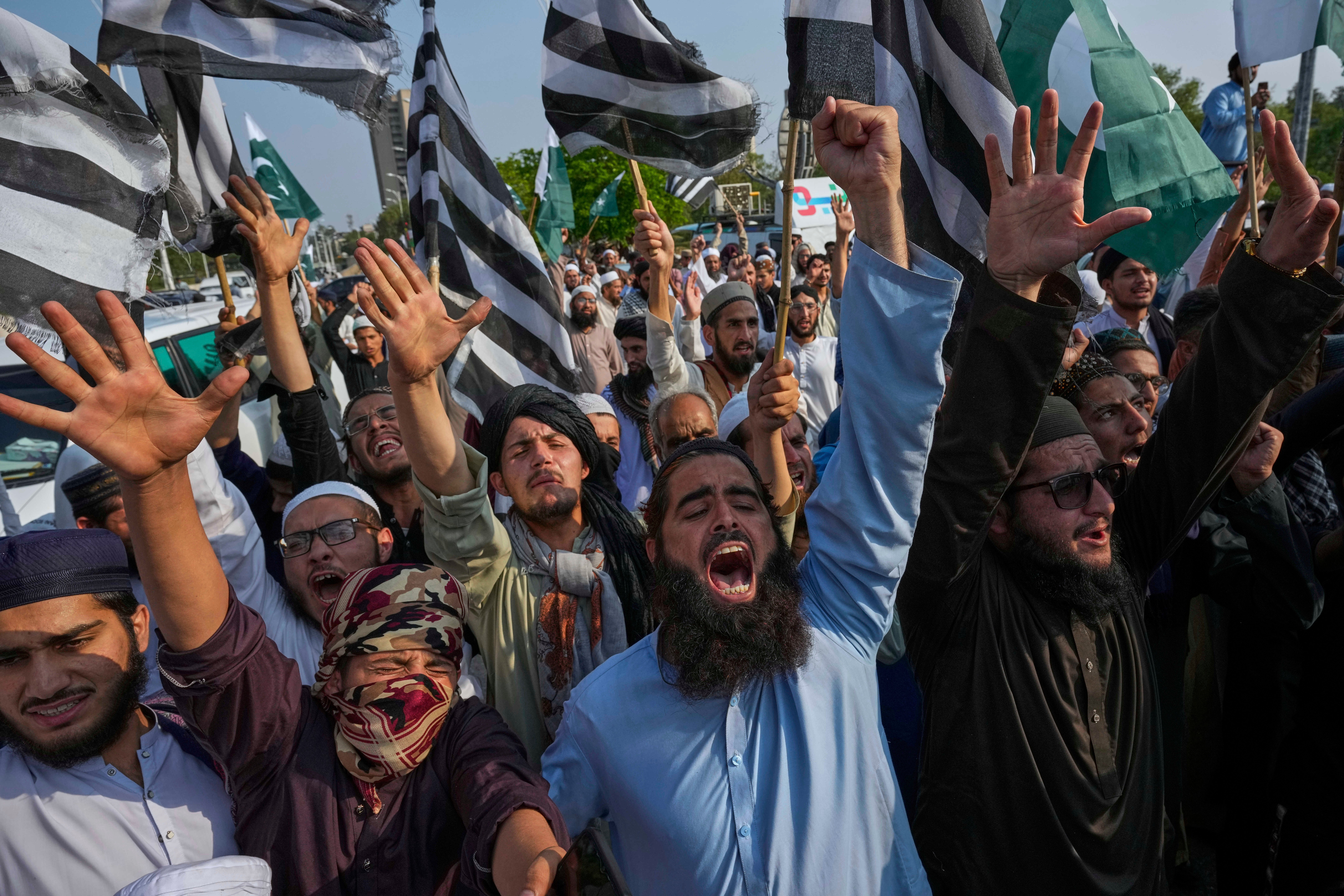Indian “political constraints” are to be blamed for the loss of fighter jets during the air force’s operation in Pakistan, an Indian military attache to Indonesia has said, in remarks that have triggered a political row in the country.
In a seminar at an Indonesian university analysing the India-Pakistan conflict, Captain Shiv Kumar said the Indian government did not permit strikes on Pakistani military bases at the start of the hostilities between the two countries, claiming this allowed Islamabad to shoot down an unspecified number of fighter jets.
“I may not agree with him that India lost so many aircraft. But I do agree that we did lose some aircraft and that happened only because of the constraint given by the political leadership to not attack the military establishments and their air defences,” Captain Kumar of the Indian Navy said at the Universitas Dirgantara Marsekal Suryadarma on 10 June.
New Delhi and Islamabad stepped back from the brink of all-out war on 7 May following their worst military escalation in decades, during which both sides fired drone and missile strikes in a four-day showdown while border forces fired artillery at the border, killing dozens of people.
The conflict followed a militant attack in Indian-administered Kashmir on 22 April that led to the deaths of 26 civilians, the worst attack on civilians in decades in the region. India called it an act of terrorism and blamed Pakistan-based militants for the attack, while Pakistan denied any involvement.
Captain Kumar’s comments follow weeks in which the Indian government formally refused to admit any of its jets had been shot down. India's chief of defence staff Anil Chauhan eventually admitted India suffered some losses but declined to give figures or details on how the planes came down.
He blamed the loss of jets on tactical mistakes, which he claimed were then rectified during subsequent days.

“What is important is that... not the jet being downed, but why they were being downed,” he told Bloomberg TV on the sidelines of the Shangri-La Dialogue in Singapore in May.
Captain Kumar’s latest comments represent the clearest explanation yet from the Indian side about why it lost fighter jets during the conflict, amid scrutiny of prime minister Narendra Modi’s government from opposition parties at home.
The opposition Congress party doubled down on its criticism of the government, using the Indonesian official’s comment to argue that the ruling Bharatiya Janata Party (BJP) had "misled" the country.
“There are several unanswered questions related to the untimely ceasefire – especially when India actually had an upper hand in the escalation,” it said.
It prompted the Indian embassy in Indonesia to issue a clarification on Captain Kumar’s remarks, saying his statements were misrepresented.
“His remarks have been quoted out of context and the media reports are a mis-representation of the intention and thrust of the presentation made by the speaker,” it said on X.
“The presentation conveyed that the Indian Armed Forces serve under civilian political leadership unlike some other countries in our neighbourhood.”

During the speech at the university, Captain Kumar said India reassessed its policy after suffering initial losses and went about targeting Pakistan's air defences, allowing New Delhi to hit several military targets.
He said it was the Indian strikes on airbases that led to Pakistan calling for a ceasefire.
The intense fighting came to a halt after the two governments announced a ceasefire following talks between their national security advisers. US president Donald Trump claimed credit for brokering the truce but Indian officials quietly rowed back against the idea that his intervention was pivotal.
Outrage after family of 13 swept away in Pakistan floods amid rescue delays
Pakistan blames ‘Indian proxy’ after car bombing kills 13 soldiers
Three devotees killed and over 50 injured in crowd crush at India chariot festival
Imran Khan’s wife Bushra Bibi ‘gravely ill’ in jail, his party warns
Who will be the next Dalai Lama? Key questions answered as leader turns 90
Air India ‘sabotage’ theory investigated after plane crash killed 270







